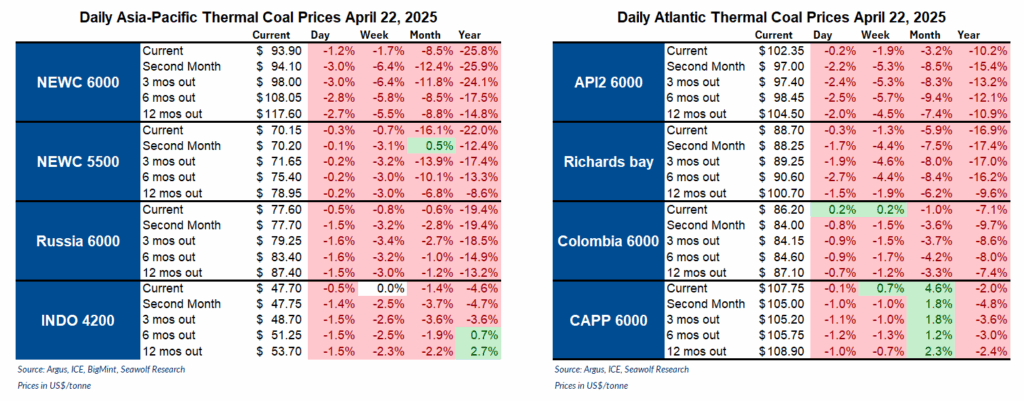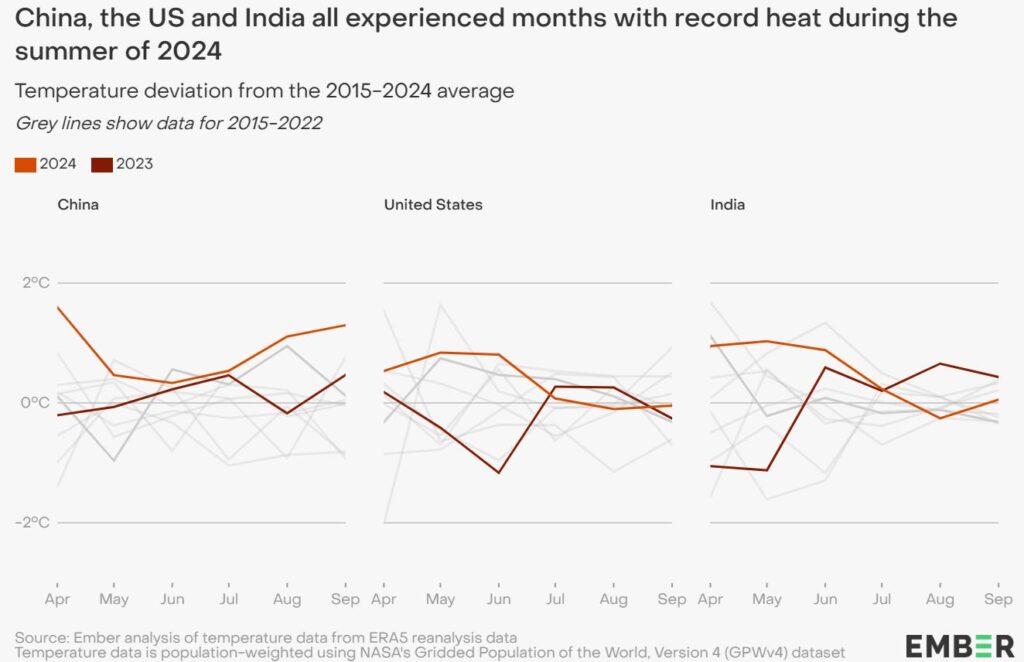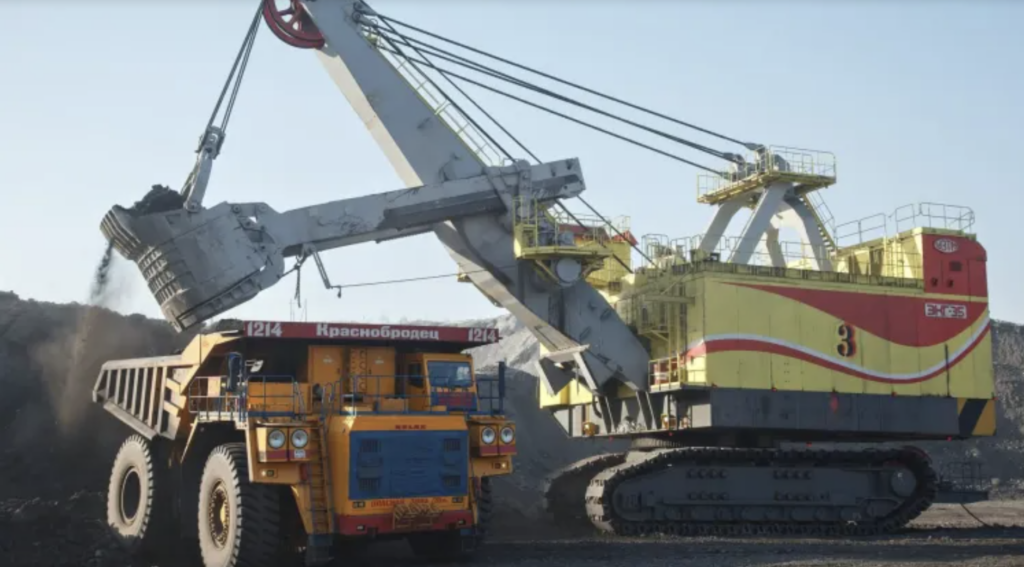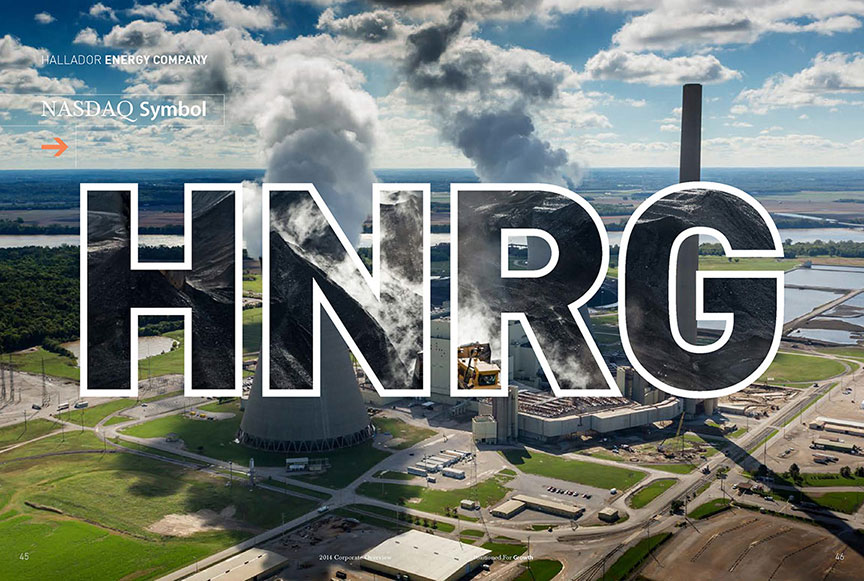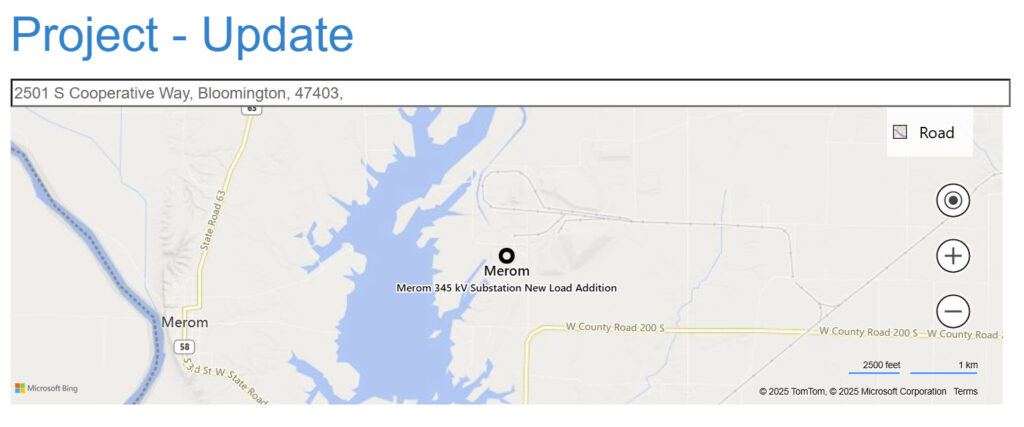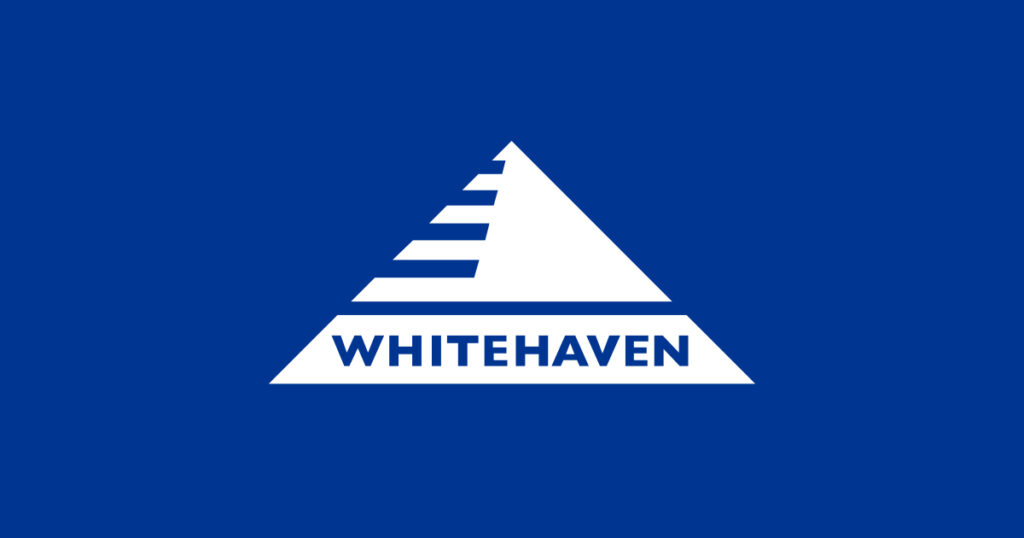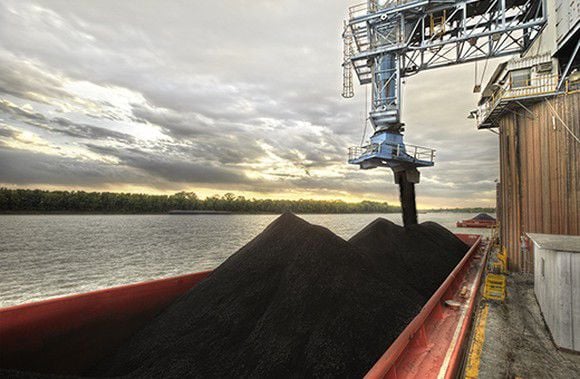South Africa’s logistical and operational challenges have failed to disrupt coal supplies to India, one of the major importing nations globally, with independent power plants (IPPs) and sponge-iron buyers reaping the benefits of competitive pricing. Thermal coal exports by South Africa have failed to reach the pre-pandemic highs amid severe weather conditions and shipping disruptions. The volumes were between 59 million mt and 60 million mt over 2022-2023, compared to 61 million mt in 2021, according to S&P Global Commodities at Sea. With the country’s old and poorly maintained power stations, run by state-owned Eskom Holding, plaguing the domestic transmission infrastructure, the only sliver of hope is exports.
South Africa exported an average of 50 million-60 million mt of coal shipments in the last few years — largely to Europe and Asia, thereby ensuring a steady flow of export revenues.
India’s appetite for thermal coal has grown significantly in the last few years amid rapid economic growth, higher power demand and industrial activities. But the cost-conscious nature of Indian buyers lured them toward material coming out of Richards Bay, sources said.
“IPPs are buying more of South African coal as the boilers are designed in a way that they can take any type of coal, thus South African 5,500 kcal/kg NAR and 4,800 kcal/kg NAR has become our preference lately due to low prices,” an official from India’s JSW Energies said.
India’s thermal coal imports rose to 180 million mt in 2023, from 165.4 million mt in 2022, the CAS data showed, led by inflows from Indonesia and South Africa. Market participants expect India to buy more than 200 million mt of thermal coal over 2024-25.
While South Africa has been among the top three coal suppliers to India, it lost some ground to discounted Russian coal shipments in 2022 following Moscow’s invasion of Ukraine. However, as Russian material fell out of favor in 2023, South African coal regained its prominence among Indian buyers, primarily due to better price options compared to equivalent Australian or Indonesian coal towards the end of the year. Russia’s supply to India more than tripled in 2022, reaching 15 million mt from 3.6 million mt in the previous year, while South African exports to India fell 5.4 million mt to 18.9 million mt during the same period. In 2023, Russia’s thermal coal exports to India were at 13 million mt.
Price a major driver
In 2023, FOB Richards Bay 5,500 kcal/kg NAR price slumped to its lowest level since May 2021, dropping to $70.15/mt on July 17, from $131.10/mt at the beginning of the year, S&P Global Commodity Insights data showed. The values did gradually recoup over the remainder of the year, with Platts, part of S&P Global, assessing FOB Richards Bay 5,500 kcal/kg NAR price at $105.50/mt Nov. 1, 2023. It averaged at $86.56/mt over December 2023-January 2024, down from $129.39/mt in the corresponding period a year ago.
Meanwhile, FOB Kalimantan 5,900 kcal/kg GAR price averaged at $92.17/mt over December 2023-January 2024 and FOB Newcastle 5,500 kcal/kg NAR averaged at $92.38/mt over the same period. The drop in prices towards the end of the year pushed up South African thermal coal imports to India, which surged 74.07% over November-December to 4.7 million mt from a year ago.
“Although South Africa has faced some challenges in fully capitalizing on higher prices due to infrastructure issues, investment in infrastructure development and maintenance plays a crucial role in determining the overall cost structure and competitiveness of South African coal,” said Victor Charles, chief operating officer at KGE Group Africa (Pty) Ltd.
Another India-based buyer, looking for South African 4,800 kcal/kg NAR and 5,500 kcal/kg NAR coal despite the high ash, said managing the high ash content is still a cheaper alternative, given the price at which South African coal grades can be imported.
Lingering Transnet woes
Supply-chain inefficiency and lack of timely investment at South Africa’s major logistical operator, Transnet, was cited by sources as a major factor behind lagging exports to India.
Transnet Freight Rail transported 23.4 million mt of coal in April-September 2023, down 10.7% on the year, mainly due to increased derailments, unavailability of resources and an unreliable rail network, according to the company’s latest annual results.
With Europe facing a supply glut and weather projections largely stable, the next big growth market is India, which heavily relies on coal for blending purposes — for which high-CV South African coal is touted to be the best due to its specifications, sources said.
India aims to cross 1 billion mt coal production this year, up from nearly 900 million mt in 2023.
While issues at Transnet continue to plague South African thermal coal exports, the company did come up with a recovery plan last year, which included increasing the number of trains on its North Corridor, that handles nearly 41% of the total volumes, to Richards Bay Coal Terminal route. According to market participants, the measure helped improve loading volume at the Richards Bay, which was last heard at around 3.6 million mt in January, easing from a record-high of 5.3 million mt in December 2023.

